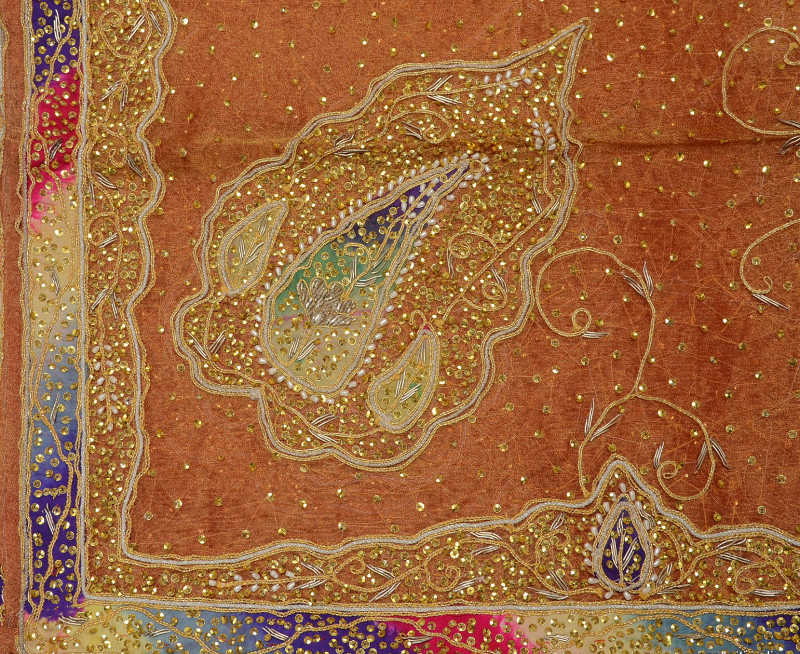===
0508,
3
===

=== |
 |
kane : 'By the side ..., near (to), in proximity (to), close (by); to'. (Platts p.857)
tasallī : 'lit. 'Being diverted (from) the remembrance (of)'; consolation, comfort, solace; assurance; contentment, satisfaction'. (Platts p.324)
FWP:
SRF presents this ghazal and the next one, {509}, as a 'double ghazal'; for discussion of this, see {509,1}.
In the first line the mere looks like a kind of 'midpoint' (positioned so as to be read with either the previous clause or the following one). But in this case I think it must be read with the previous clause, because 'after my having died' is just sufficient information to start the gears turning, while 'after having died', with no dead person specified, is really too vague a beginning for a verse. (Then as a fringe benefit we get an extra emphasis on the enjoyable juxtaposition mare mere .)
This means that the t̤araf-dār people cannot be modified by the mere , so they don't necessarily belong to the speaker. They could equally well be 'friends/supporters' of the slayer/beloved, and the speaker could be (bitterly? sarcastically? amusedly?) urging the slayer to send word around to all her friends after his death, so that they can all be relieved and consoled at his being out of their lives.
Another possibility that occurred to me is that we might be dealing here with the usual kind of absent, remote beloved. After the speaker dies, she will no doubt hear rumors about it through the gossip network. But she will naturally want to be sure that he's really and truly gone, so the speaker reminds her (bitterly? sarcastically? amusedly?) that she should be sure and send to his friends/supporters a Messenger who can reliably confirm the information.
Note for grammar fans: We need to take mare as short for the adverbial perfect participle mare huʾe , 'my [being in a state of] having died'. Modern usage would be marne .
Note for meter fans: Here koʾī is scanned as one long syllable, which is a permissible variation. This is what SRF means by saying that it 'has the metrical weight of faʿ '.